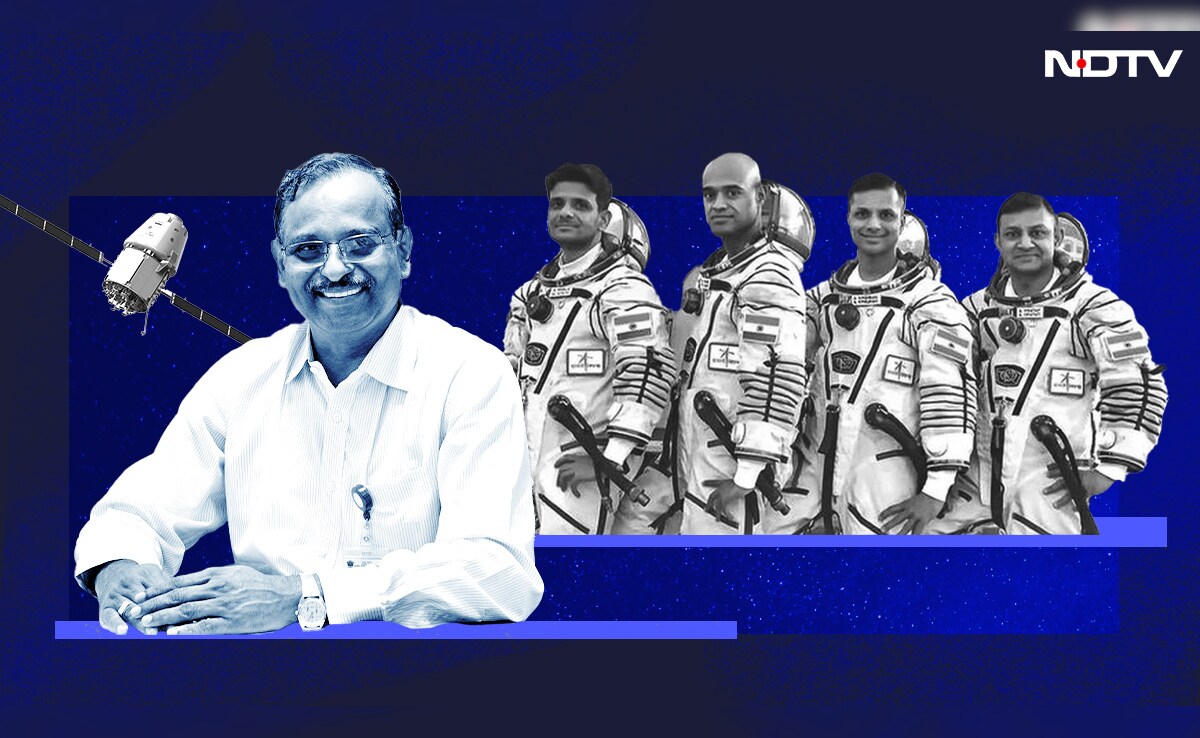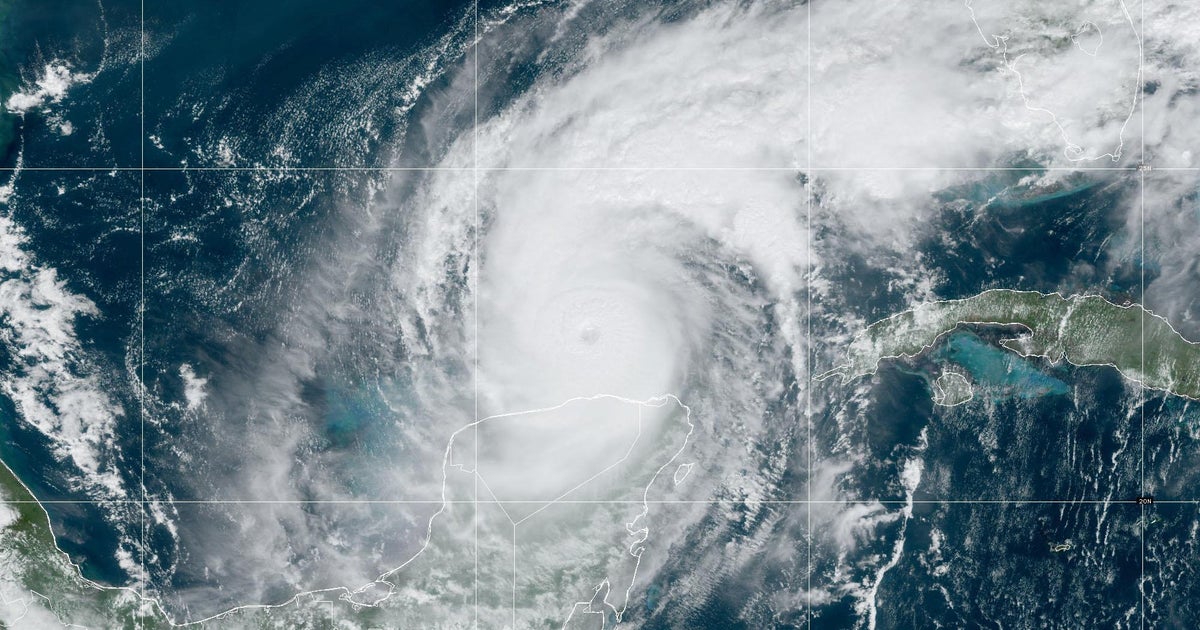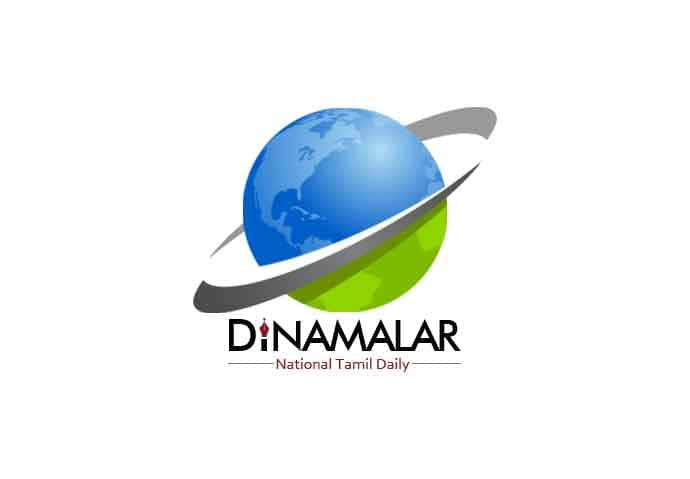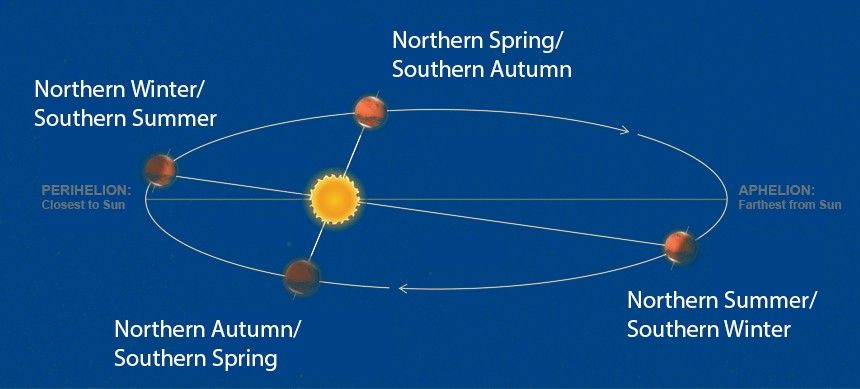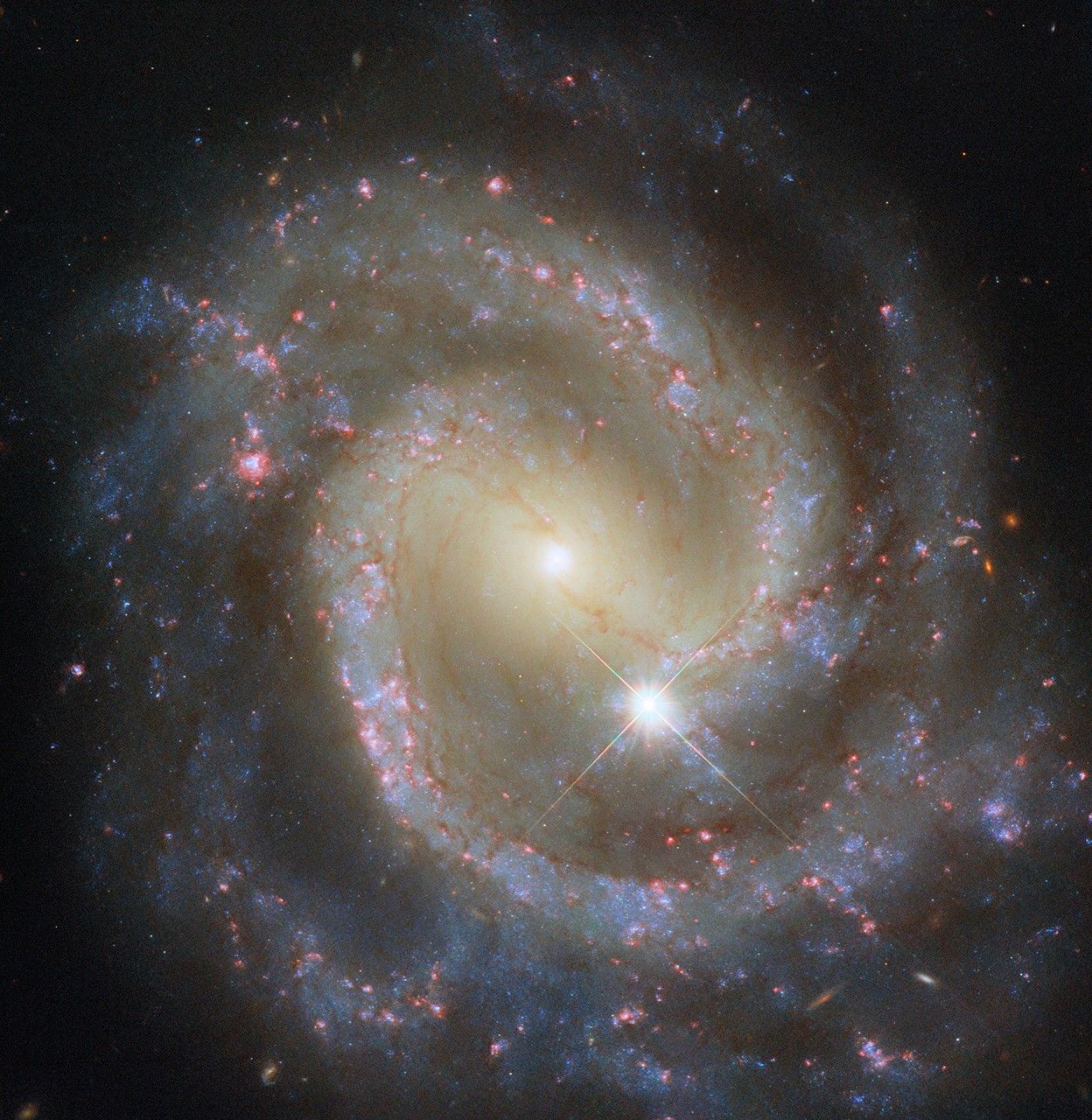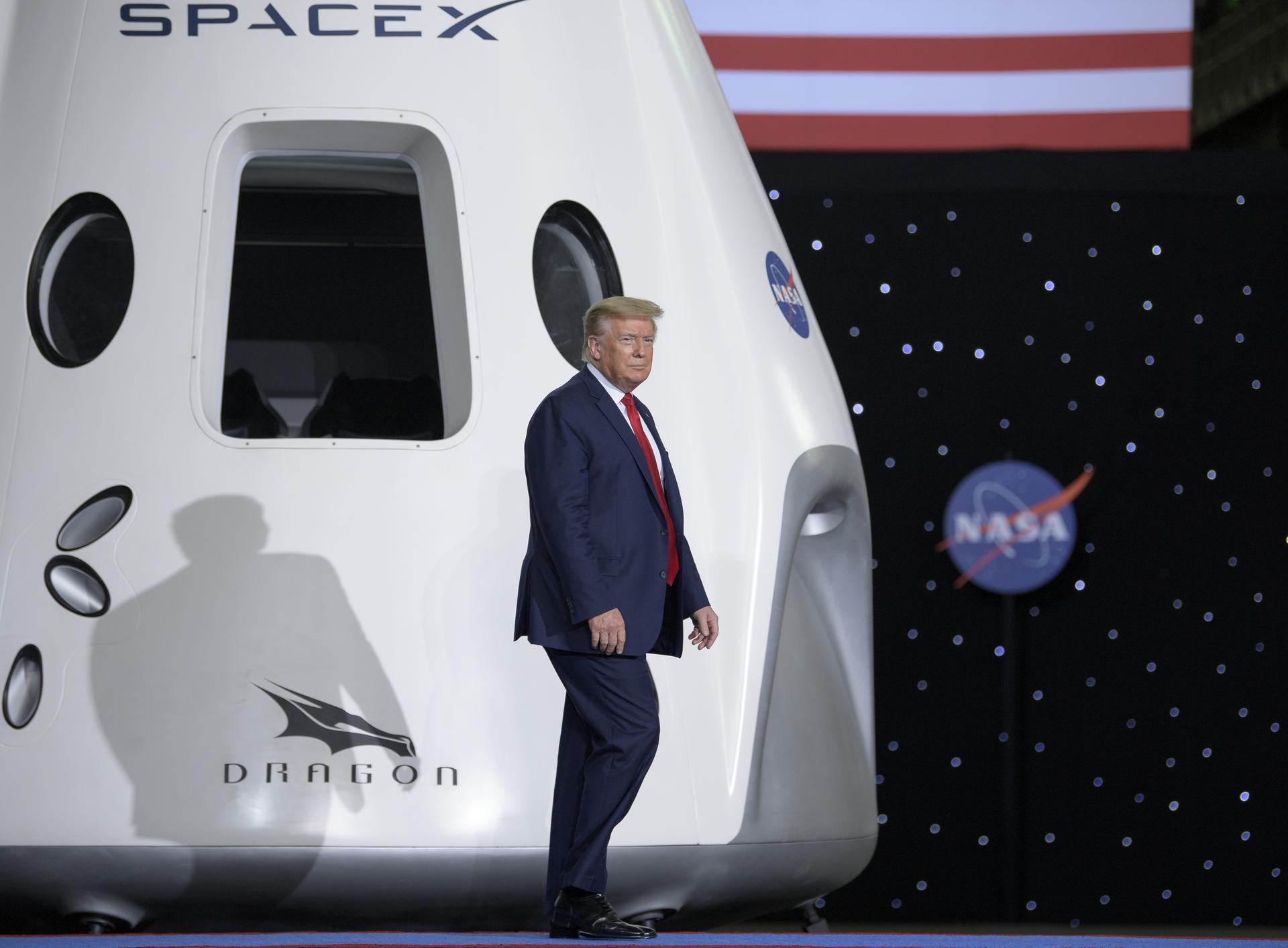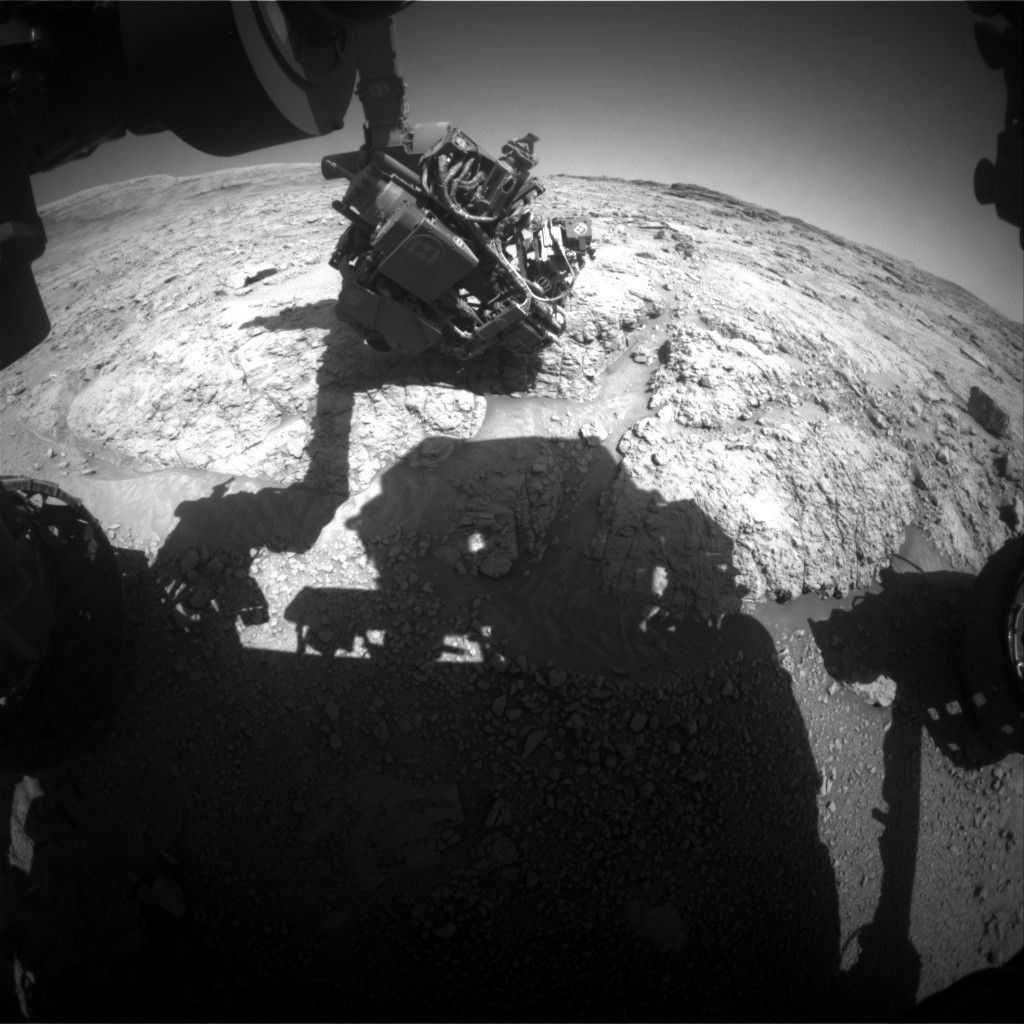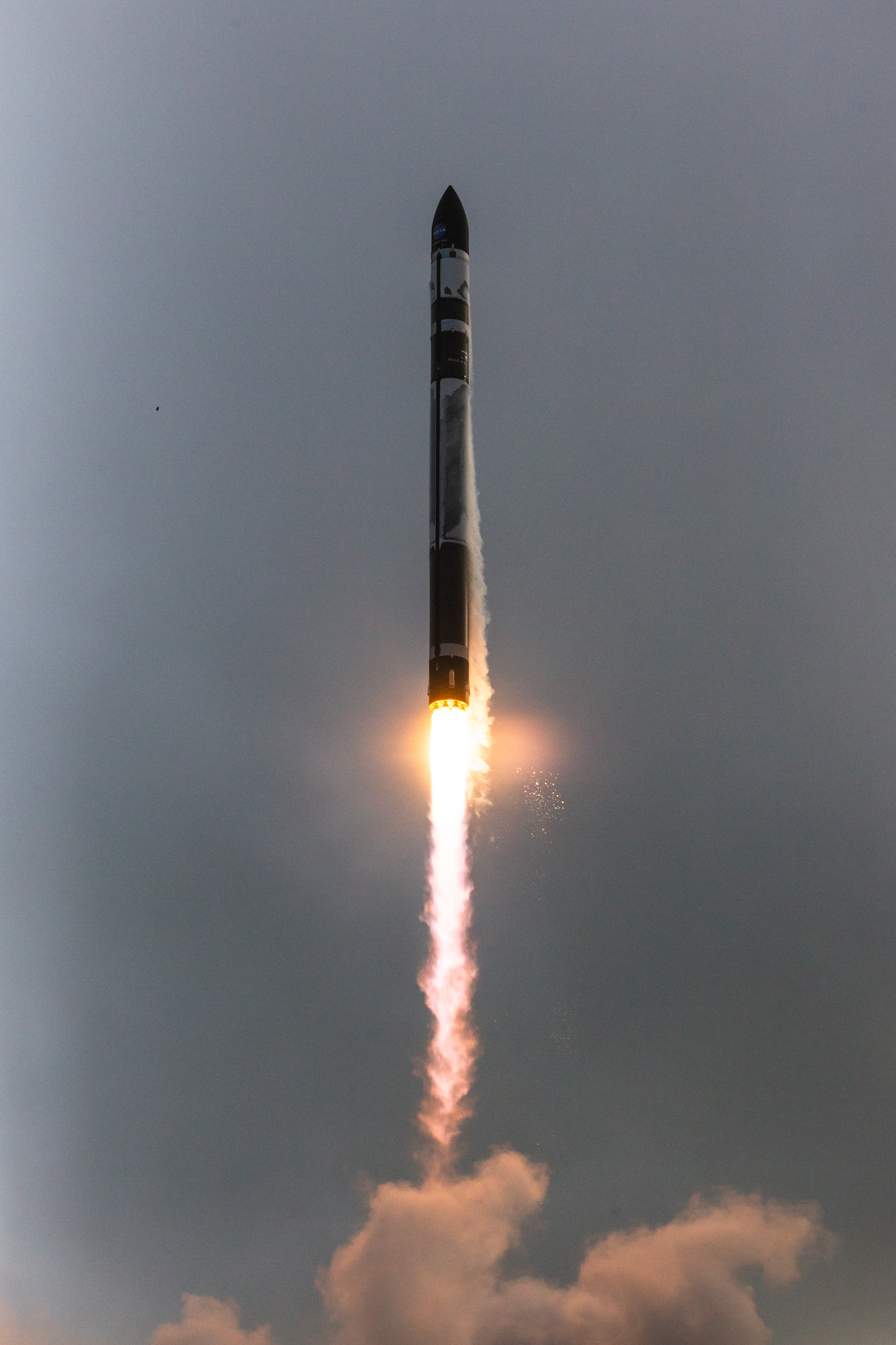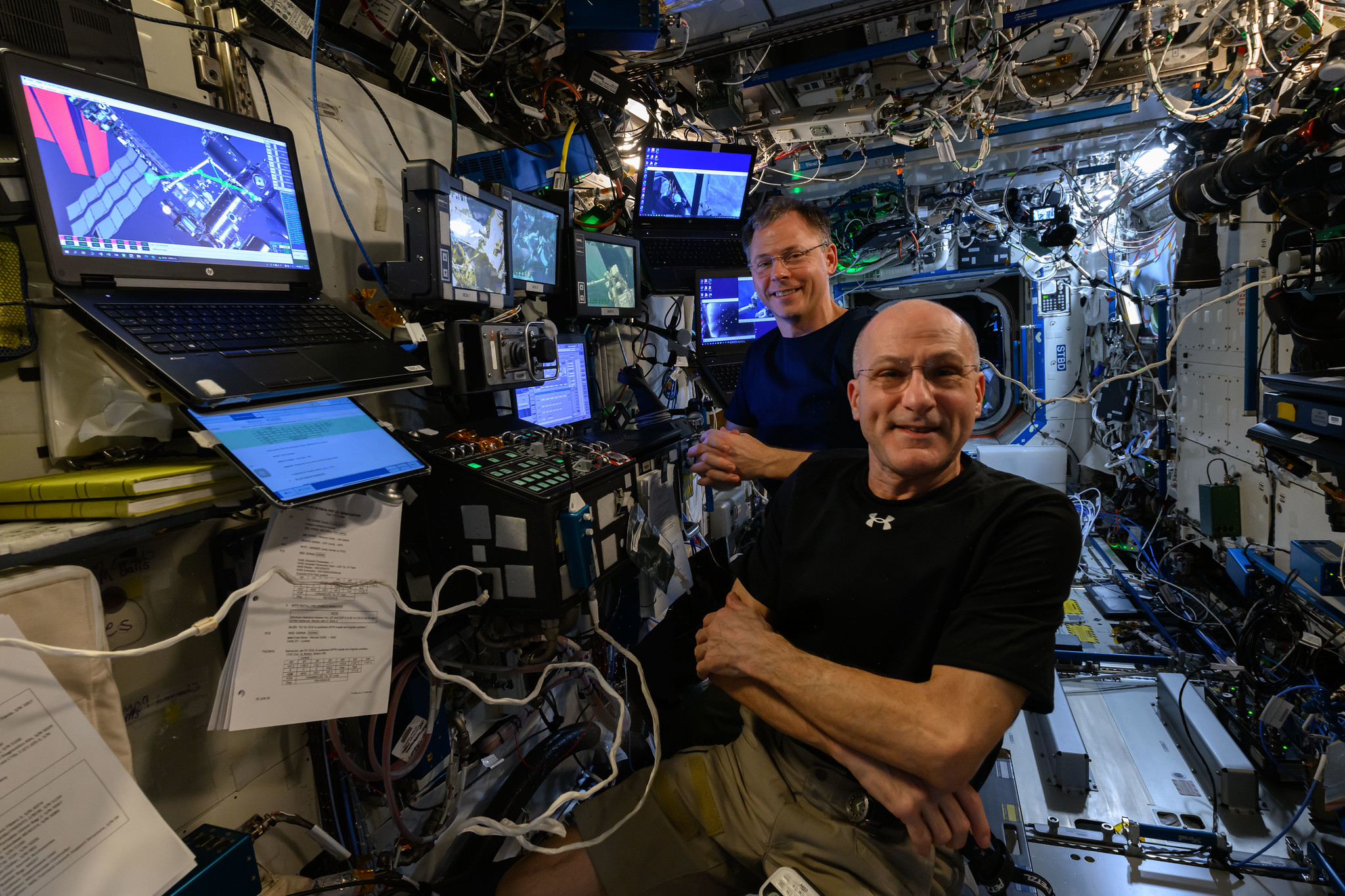NASA Deputy Administrator Holds First Bilateral Engagement with KASA
NASA Deputy Administrator Pam Melroy conducted the first bilateral meeting on Monday with Dr. Young-bin Yoon, administrator of the newly established KASA (Korea AeroSpace Administration), which opened on May 27. The creation of KASA underscores the Republic of Korea’s commitment to advancing space exploration. The bilateral meeting marks a pivotal moment for a NASA’s relationship […]

NASA Deputy Administrator Pam Melroy conducted the first bilateral meeting on Monday with Dr. Young-bin Yoon, administrator of the newly established KASA (Korea AeroSpace Administration), which opened on May 27. The creation of KASA underscores the Republic of Korea’s commitment to advancing space exploration.
The bilateral meeting marks a pivotal moment for a NASA’s relationship with KASA, building upon decades of bilateral ties with several Korean ministries and institutions. Melroy emphasized enhancing cooperation under the Artemis program and expanding science collaboration during discussions with Yoon. Looking ahead, NASA and KASA are exploring a wide range of opportunities and fostering innovation in new areas.
Over the past year, the U.S.-Korea space relationship has seen significant progress, highlighted by increased engagements and collaborative initiatives across various space disciplines. These efforts include sharing data from the Korea Pathfinder Lunar Orbiter and leveraging NASA’s Deep Space Network, showcasing Korea’s commitment to open science, and enabling scientists globally to access valuable data for future lunar activities.
Historically, NASA has collaborated across a wide range of disciplines with KARI (Korea Aerospace Research Institute) and KASI (Korea Astronomy and Space Science Institute). The establishment of KASA allows Korea to focus its space efforts under one agency, further enhancing space collaboration and cooperation.
What's Your Reaction?








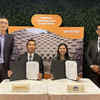










.jpg?#)

